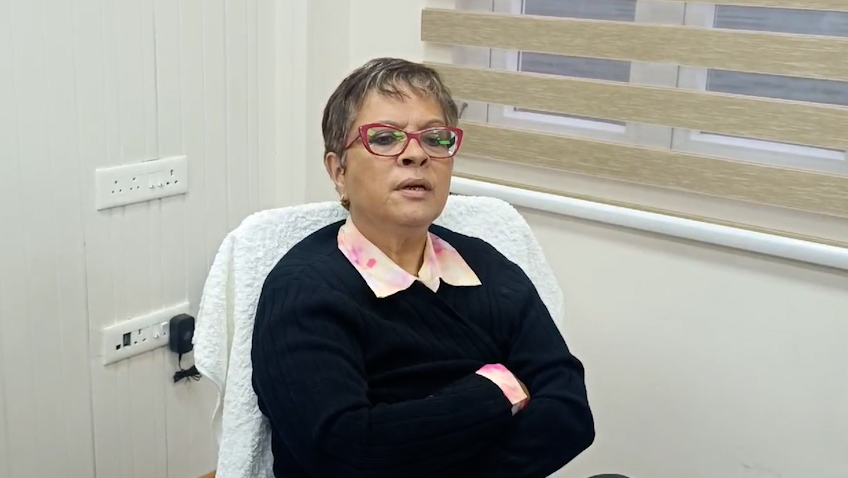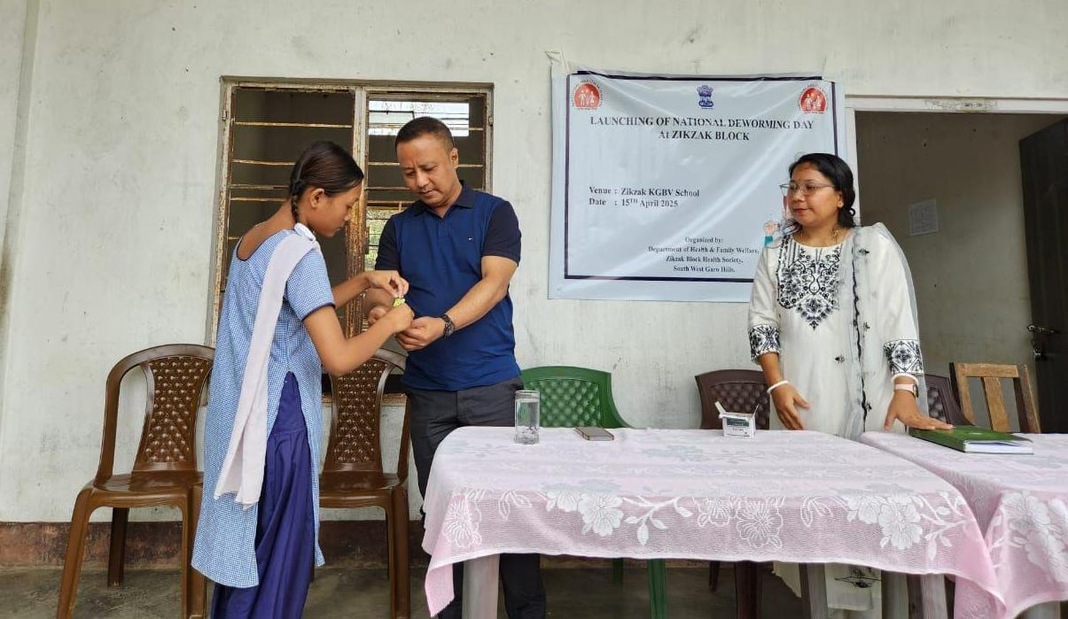
108 Emergency Services
Shillong, April 16: Health Minister Ampareen Lyngdoh on Tuesday said that the Meghalaya government has been unable to finalize a qualified operator to manage the 108 Emergency Services due to persistent complications in the bidding process.
Despite multiple attempts to select a bidder through a national tender, the process has been marred by technical issues, bidder disputes, and scrutiny from various stakeholders, causing repeated delays. Currently, the National Health Mission (NHM) is managing the service as a stop-gap arrangement, which the minister said is not a permanent solution.
“We are not able to overcome all these queries, attacks and counter attacks between bidders and that’s where we are still not able to select any one bidder to manage the 108 emergency service in Meghalaya,” he said adding that it is mandatory that the 108 services should be run by a qualified bidder because 108 service workers stand to gain on several grounds once they are employed by that company. She highlighted that once a qualified private agency is appointed, workers will be entitled to benefits such as insurance coverage, maternity and sick leave, and better working conditions, benefits that remain uncertain under the current interim setup.

The minister also flagged concerns over the condition of the ambulance fleet, stating that many vehicles are outdated and in need of replacement. She stressed the urgent need to expand and modernize the service, which remains critical for emergency healthcare in the state.
One of the core issues, she noted, is that the complexity of the national bidding process often attracts companies unfamiliar with the unique administrative and socio-political situation of Meghalaya. This leads to gaps in documentation, challenges with local compliance—such as trading licenses and operational clearances—and objections from local pressure groups and stakeholders.
Lyngdoh added that past bidding rounds have resulted in disputes among participants, with some raising concerns about the credentials or track record of rival bidders.
She also acknowledged that local bidders often fall short of meeting the stringent experience and qualification norms set under national tendering rules, further complicating the selection process.
Despite these setbacks, the minister expressed hope that the issue will eventually be resolved.





